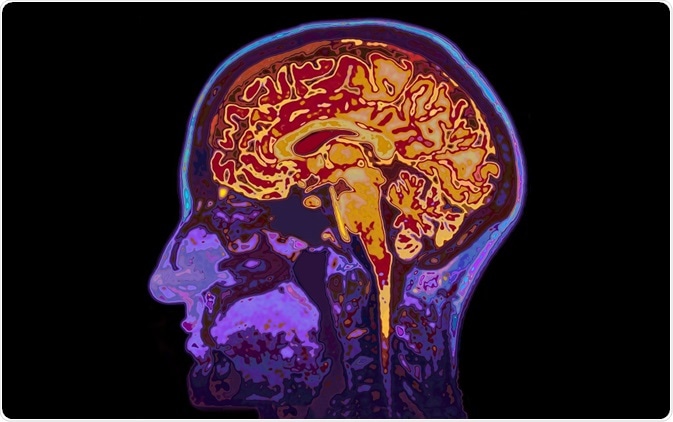Psychosurgery is a type of surgery in which brain physiology is attempted to be altered by severing connections between the areas involved in the abnormal function or behavioral states of some intractable mental disorders.

Credit: SpeedKingz/Shutterstock.com
Psychosurgery is also called functional neurosurgery because of the goal is to alter brain-function. The part of the brain operated upon is often the cerebral cortex or subcortical nuclei, or the frontothalamic radiation of white matter.
It may also include temporal lobectomy in temporal lobe epilepsy or lesioning of the basal ganglia in Parkinson's disease. It is difficult to explain exactly how and why these techniques work, because of the paucity of data on biological processes related to these disorders, and the relative inaccuracy of psychiatric diagnosis and reporting.
The rise and fall of psychosurgery
It is important to understand that the controversy surrounding psychosurgery is not primarily due to the lack of biologic underpinnings, however. Many other treatments have been accepted on far less empirical evidence that they work better than other available treatments even though the latter may have been better researched.
Rather, the inappropriate and indiscriminate use of psychosurgical procedures without respect to the diagnosis, the qualification of the practitioner, or the evidence for the practice, led to it becoming an unacceptable procedure among medical professionals as well as in popular opinion, despite mouting evidence suggesting that pscyhosurgery could benefit this group of patients.
The issues of permanent changes to personality and cognition, and the questions of doubtful efficacy, along with the history of rank abuse, led to strict regulatory laws being passed and most practices being abandoned.
The revival of psychosurgery
Renewed interest into this field came with the investigations by various bodies and researchers such as the National Commission for the Protection of Human Subjects of Biomedical and Behavioral Research.
They reported that the efficacy was over 50% when the cases performed after the 1970s were studied, and that the incidence of psychological adverse effects was nonexistent upon stringent neuropsychological screening.
Evidence of abuses was absent, and an overall success rate of 25% to 60% was attributed to these techniques, which is remarkable considering the debilitated psychological condition of the subjects.
Thus, many psychiatric professional bodies the world over have come over to accept its regulated and appropriate use in indicated conditions, but this refuses to filter down into public perception, which remains largely and strongly negative. At present less than 50 procedures are carried out annually in the developed world.
Adverse effects of psychosurgery
The major side effects of psychosurgery include personality changes (10%), epileptic disorders (6-10%), urinary incontinence (bedwetting), drowsiness, intellectual disability and memory impairment, paralysis and even death in about 4% of patients.
One study reported disabling and permanent complications in 28% of patients postoperatively. Weight gain (52%) and fatigue have also been reported in a significant percentage of patients. Drowsiness, loss of memory, and weight gain are more common in limbic leucotomy.
Personality changes are another notable side effect, and occur in about 10% of cases. They may lead to undesirable outcomes such as disinhibition resulting in loss of feelings of guilt or shame after behaving badly, and removal of any sense of responsibility, in persons who already display traits of antisocial behavior, such as addictions, aggressiveness, avoidance of responsibility, and criminal activity..
Rehabilitation
Rehabilitation is essential following psychosurgery, and the extent and intensity depend upon how chronic the underlying mental disorder was and how extensive the operation was. Often, this begins with social interactions with family and fellow patients, before moving to the wider community.
Childish behavior is typical and full-time rehabilitation is crucial in accomplishing tasks graded from simple to more complex, over a period of time, in synchrony with a healthy and well-regulated lifestyle.
Medications may be needed to control specific symptoms over the initial years, but these generally settle with time.
Outcomes
The results of these procedures have been described as excellent in several smaller studies on patients with pharmacoresistant affective disorders or OCD.
The similarity of effect rates suggests that these operations are not specific in their benefits and may therefore be used across the spectrum of mental disorder with predictably high rates of success in cases which remain intractable despite adequate and appropriate medical therapy.
Many studies have described psychosurgery as a success, however, these usually involve a small number of patients, reducing their power. More than half of treated patients appear to score much higher across the scale of wellbeing and task performance. What is clear, is that these operations are non-specific, and can be effective for a wide range of pharmacoresistant disorders.
Further Reading
Last Updated: Oct 11, 2022